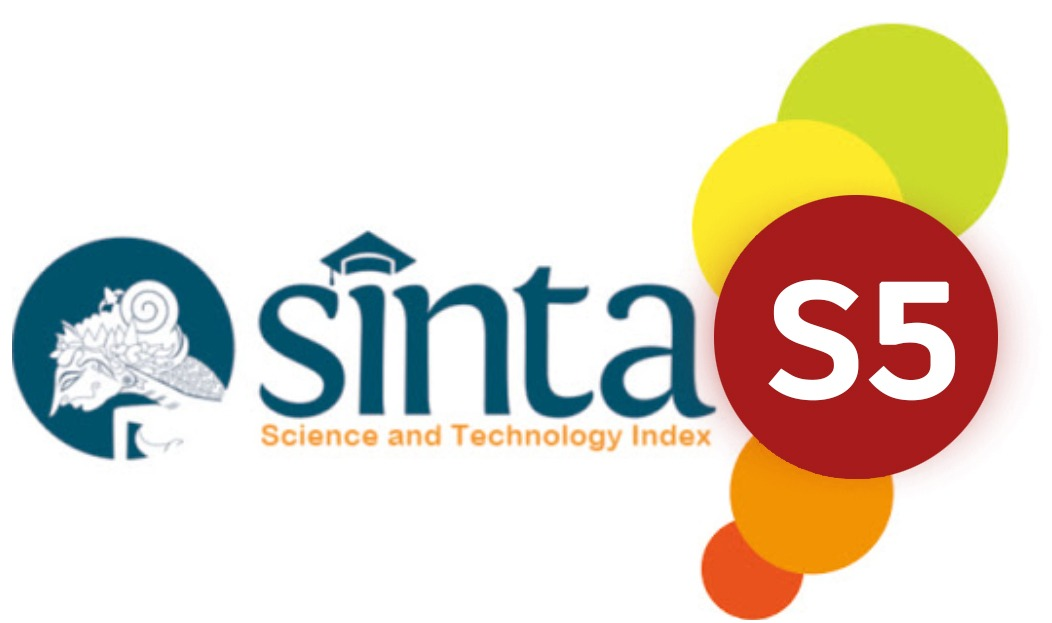Publication Ethics
Publication Ethics
For all parties involved in the process of publishing (authors, Editorial Board, and reviewers), it is necessary to agree upon standards of expected ethical behavior. To guarantee high ethical standards, IDEA has developed standards for all the parties. Journal of Humanities and Social Studies expects all the parties to commit to these standards.
Standards for Authors:
IDEA does not require all authors of a research paper to sign a letter of submission, nor does it impose an order on the list of authors. All authors who submit to the Journal of Japanese Literature, Culture, linguistic are supposed to observe the IDEA standards for authors voluntarily.
- Authors must certify that their manuscripts are their original work. Plagiarism, Duplicate, Data Fabrication and Falsification, and Redundant Publications are forbidden.
- Authors must certify that the manuscript has not previously been published and is not currently being considered for publication elsewhere.
- If the authors have used the work and/or words of others, the authors must ensure that the work and/or words of others are appropriately cited or quoted and identify all sources used in the creation of their manuscripts.
- When an author discovers a significant error or inaccuracy in his/her own published work, it is the author's obligation to promptly notify the Journal editor or publisher and cooperate with the editor to retract or correct the paper.
- Authors must notify IDEA of any conflicts of interest.
Standards for Editorial Board:
Editors and Editorial Board are required to follow the standards for Editorial Board:
- The Editorial Board must keep information pertaining to all submitted manuscripts confidential.
- The Editorial Board is responsible for making publication decisions for submitted manuscripts.
- The Editorial Board must strive to meet the needs of readers and authors.
- The Editorial Board must evaluate manuscripts only for their intellectual content.
- The Editorial Board must strive to constantly improve their journals.
- The Editorial Board must maintain the integrity of the academic record.
- The Editorial Board must disclose any conflicts of interest and preclude business needs from compromising intellectual and ethical standards.
- The Editorial Board must always be willing to publish corrections, clarifications, retractions, and apologies when needed.
Standards for Reviewers:
Reviewers of IDEA are also expected to meet the standards for reviewers when they accept review invitations.
- Reviewers must keep information pertaining to the manuscript confidential.
- Reviewers must bring to the attention of the Editor Board any information that may be a reason to reject the publication of a manuscript.
- Reviewers must evaluate manuscripts only for their intellectual content.
- Reviewers must objectively evaluate the manuscripts based only on their originality, significance, and relevance to the domains of the journal.
- Reviewers must notify IDEA of any conflicts of interest.








